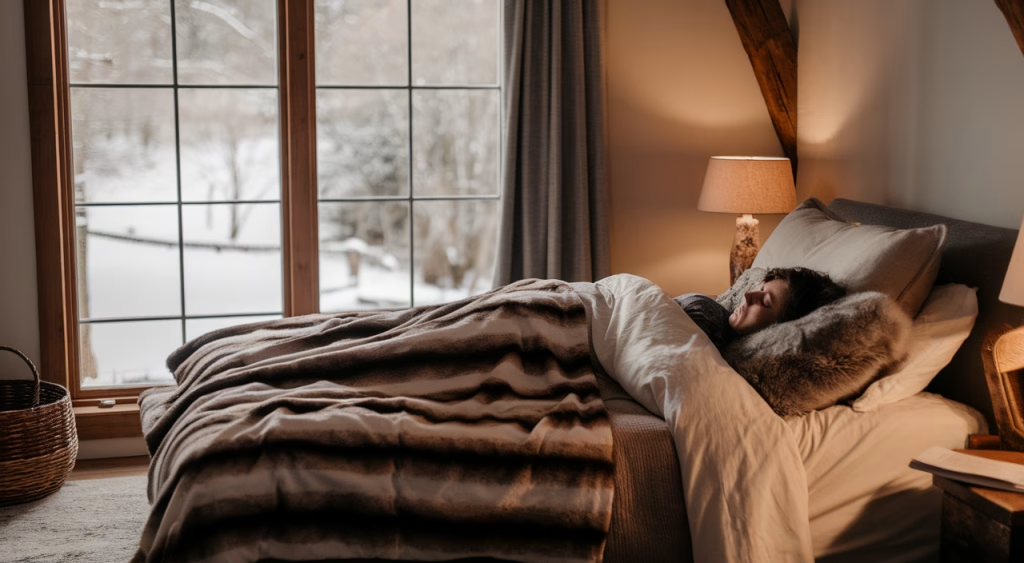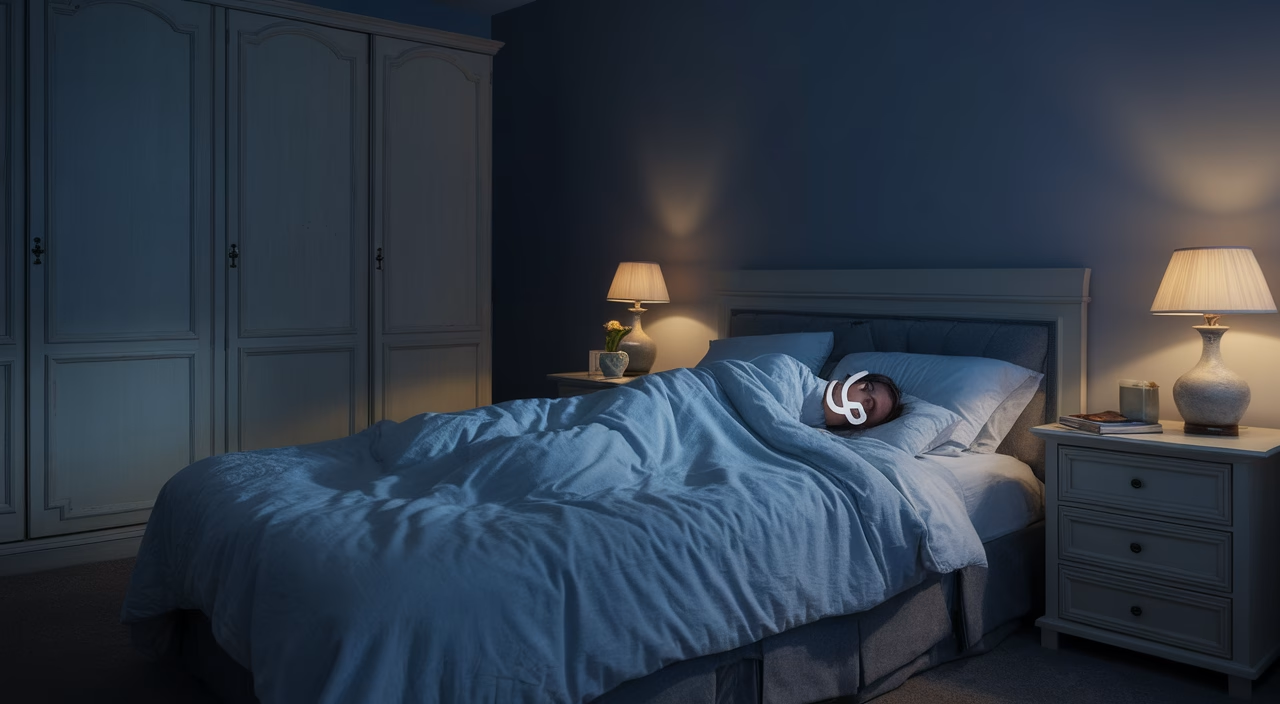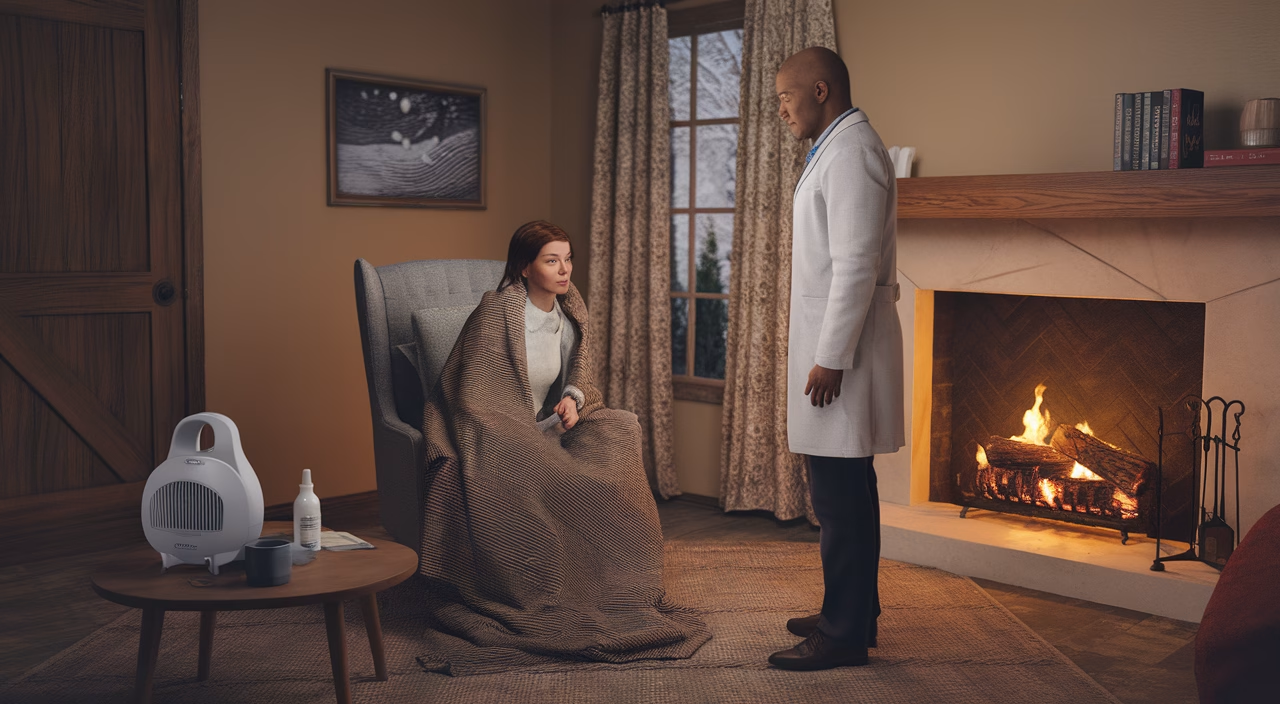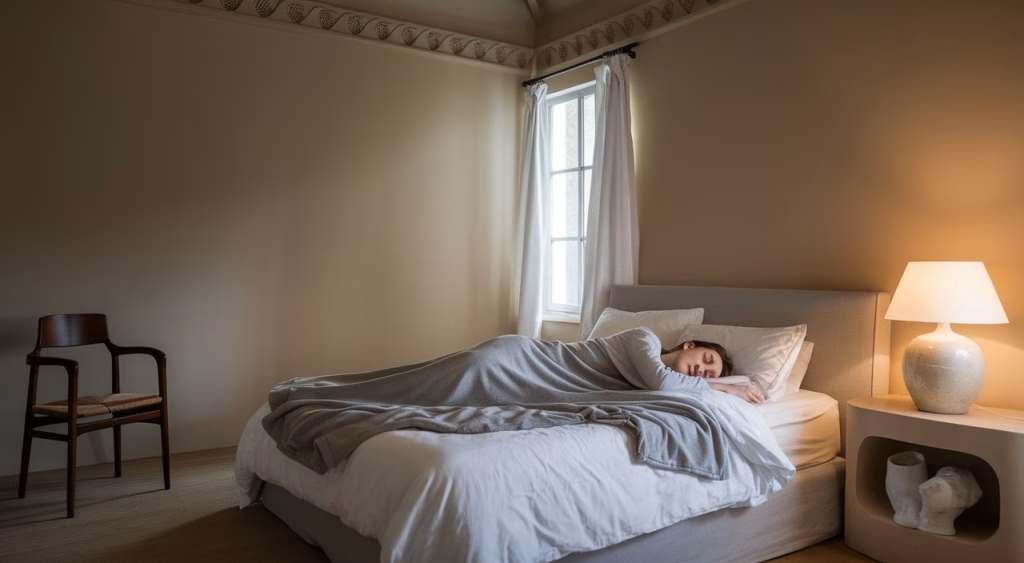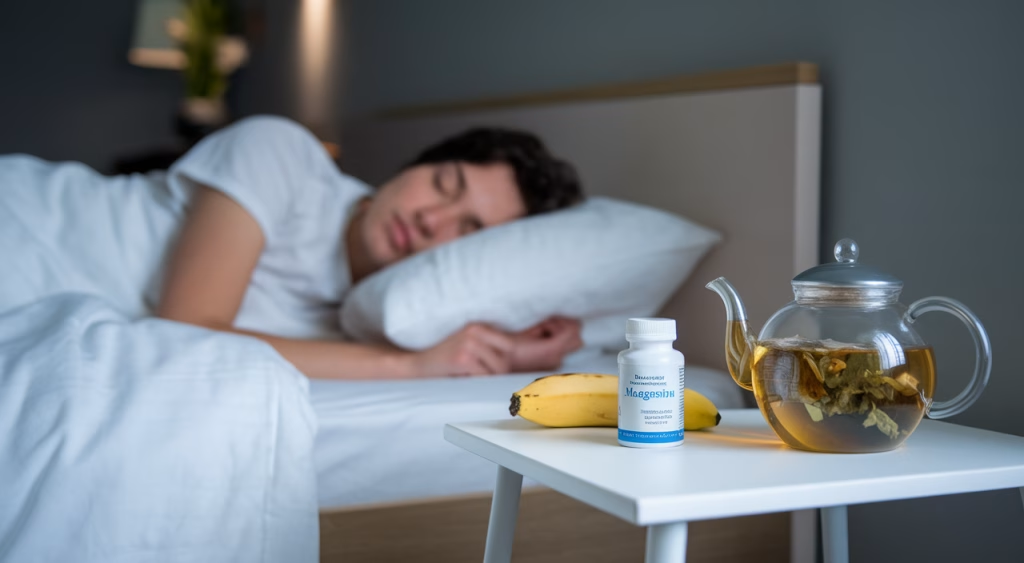Why do I snore more during winter months?
You’re not alone if your seasonal snoring seems to intensify when temperatures drop. Cold weather affects your airways in ways that can worsen winter snoring due to dryness, sinus congestion, and colder air irritating your respiratory tract. As a sleep specialist, I often tell my patients: your environment is just as important as your anatomy when it comes to seasonal snoring.
TL;DR Summary: Understanding Seasonal Snoring
- Seasonal snoring is influenced by temperature, humidity, allergens, and air quality.
- Winter snoring is often caused by dry indoor heating, sinus congestion, and colder, drier air.
- Cold season snoring can be managed with lifestyle adjustments, humidity control, and nasal treatments.
- Understanding the impact of weather on snoring frequency can help you plan effective long-term snoring strategies.
- Consult a specialist if lifestyle changes don’t bring relief—there may be an underlying condition like sleep apnea.
Introduction to Seasonal Changes and Snoring
Ever noticed how your snoring gets louder when the weather changes—or perhaps your partner reminds you more often during cold season snoring? You’re not imagining things. Seasonal snoring is a real, scientifically observed phenomenon rooted in how sensitive our upper airway structures are to environmental factors.
When seasons shift, so does the air we breathe. Add household heating, wintertime allergens like dust mites, and more time spent indoors, and you’ve got the perfect storm for increased winter snoring. Let’s explore why this happens and discover proven remedies for seasonal snoring that actually work.
Understanding the Link Between Weather and Snoring
To tackle seasonal snoring effectively, it’s critical to understand how environment impacts your breathing during sleep. Your airways are sensitive structures that react to everything from dryness to allergens to barometric pressure changes that affect snoring frequency.
How Cold Weather Triggers Snoring
As temperatures dip, your body responds by increasing mucus production to humidify the air you breathe. Combine that with reduced hydration and heated indoor air, and you’ve got nasal congestion—a key culprit behind winter snoring episodes.
Drier, colder air also irritates the lining of your nasal passages and throat, increasing resistance in your upper airway. Think of it like trying to breathe through a narrow straw. As your body works harder to breathe, tissue vibration increases—creating that infamous nighttime soundtrack we call seasonal snoring.
The Role of Humidity in Snoring
Humidity—or the lack thereof—plays a pivotal role in seasonal snoring patterns. When humidity is low, your airway tissues dry out and inflame, making your throat more prone to collapse during sleep. Too much humidity can encourage mold and allergens that also trigger sinus congestion. Finding the right balance is key to managing winter snoring effectively.
Best Remedies for Seasonal Snoring
Now that you understand what’s causing the seasonal spike in snoring, let’s dive into practical ways to combat it. Here’s a mix of expert-backed solutions and everyday adjustments you can implement to stop snoring in winter.
Lifestyle Changes and Home Remedies
Here are some effective techniques that can dramatically reduce winter snoring:
- Use a humidifier: Keeping bedroom humidity between 40–60% can restore moisture and soothe irritated airways affected by seasonal snoring.
- Stay well-hydrated: Drinking enough water throughout the day keeps mucus thin and nasal passages clear, reducing cold season snoring.
- Elevate your head: Sleeping at a slight incline helps prevent airway blockage that worsens during winter months.
- Practice nasal hygiene: Rinsing with saline before bed helps clear sinus congestion that contributes to seasonal snoring.
- Monitor your weight: Extra weight around the neck can exacerbate winter snoring when combined with seasonal triggers.
Consulting a Specialist for Seasonal Support
While many cases of seasonal snoring can be managed at home, don’t hesitate to contact a sleep specialist if your winter snoring persists, worsens, or disrupts sleep quality. Chronic seasonal snoring may mask underlying conditions like obstructive sleep apnea (OSA), which requires medical treatment.
Specialists can suggest diagnostics including home sleep apnea testing or nasal endoscopy to evaluate airway structure. Personalized strategies such as positional therapy, custom oral appliances, or targeted nasal treatments can provide long-term relief from cold season snoring.
Cost Guide: Remedies for Seasonal Snoring
If you’re exploring solutions for winter snoring, cost can vary depending on what route you take. Here’s a general guide:
| Solution Category | Low-End ($) | Mid-Range ($$) | High-End ($$$) |
|---|---|---|---|
| Humidifiers | 25–40 | 60–90 | 100–150 |
| Nasal rinses/sprays | 8–15 | 20–35 | N/A |
| Custom Mouthguards | N/A | 100–300 | 500+ |
| Specialist Visit | 50 (copay) | 150–250 | 500+ (with testing) |
When to Worry: Could Your Seasonal Snoring Be Sleep Apnea?
If your winter snoring includes pauses in breathing, gasping, or daytime exhaustion, it may go beyond seasonal snoring. Sleep apnea often becomes more noticeable in colder months because our airways are already more inflamed and narrow. An overnight home sleep test can quickly rule it out—or confirm it for treatment.
Here’s what often happens: a patient comes in thinking it’s just seasonal snoring, but through diagnosis, we find unmanaged apnea. The good news? Once treated, their quality of sleep—and life—improves dramatically, especially during cold season snoring months.
Final Thoughts: Take Control of Your Seasonal Snoring
Winter snoring isn’t just a harmless noise—it’s a signal from your body that something’s affecting your breathing. Cold weather might be outside your control, but how you respond to seasonal snoring isn’t. From managing humidity levels and staying hydrated to seeking professional evaluation for persistent cold season snoring, you have effective options.
If you’ve read this far, seasonal snoring is likely affecting either your sleep or someone you care about. Use these proven remedies for seasonal snoring to take action—and rediscover the silence of a restful night, even during winter’s chill.
Frequently Asked Questions
- Why do I only snore in the winter?
Winter typically brings colder, drier air and more indoor heating—all of which dry out your airways and cause nasal congestion, triggering snoring in many people. - Can allergies from seasonal changes cause snoring?
Absolutely. Pollen in spring or mold from damp autumn leaves can inflame nasal tissues and lead to temporary or seasonal snoring. - What’s the best remedy for seasonal snoring?
There’s no one-size-fits-all, but nasal rinses, humidifiers, proper hydration, and sleeping with your head elevated are among the most effective remedies. - Should I see a doctor for cold season snoring?
If your snoring is persistent, worsening, or accompanied by gasping, it’s recommended to consult a sleep specialist to rule out sleep apnea or chronic upper airway issues. - Is humidity good or bad for snoring?
Moderate humidity (40–60%) is beneficial, but very high or low levels can both exacerbate snoring depending on individual sensitivity and underlying issues. - Do children snore more during seasonal changes too?
Yes, especially when exposed to allergens or colds. While occasional snoring in kids is common, regular snoring should be evaluated by a pediatric sleep specialist.

